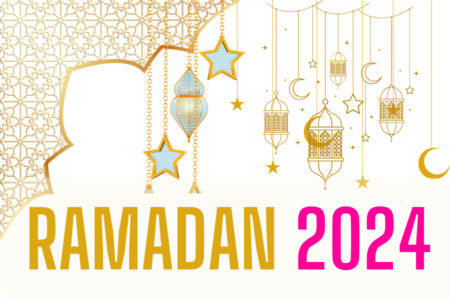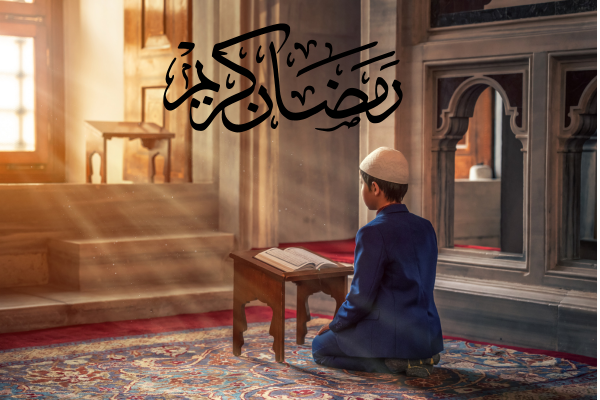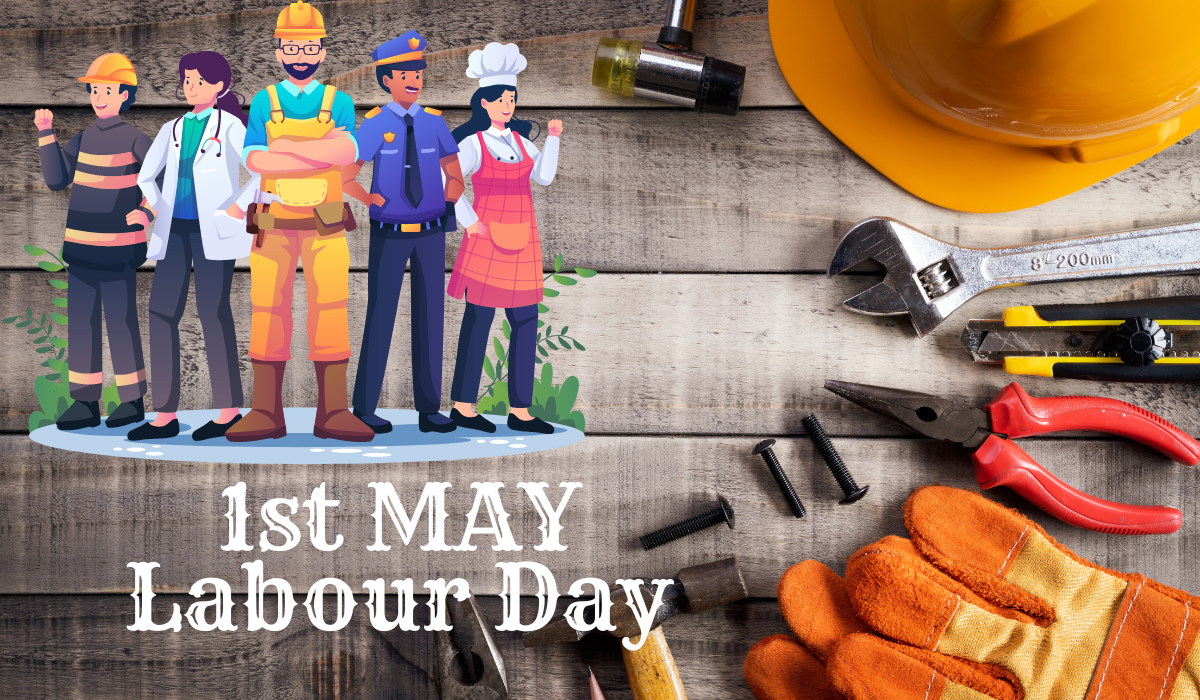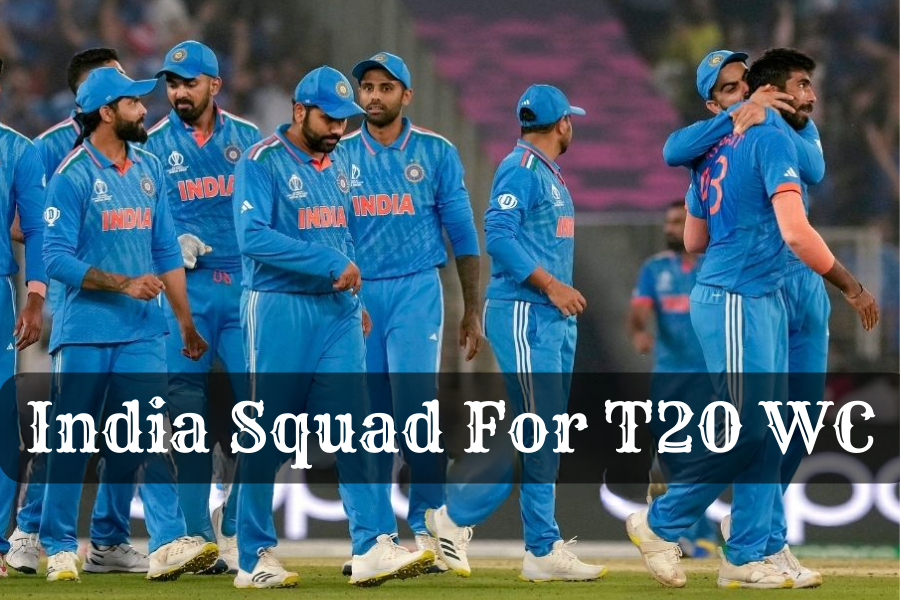Ramadan 2024- Start Date And Importance
Posted on : March 10, 2024 By Santo

Ramadan is a special time for Muslims around the world. It’s the ninth month of the Islamic calendar and holds a lot of importance in the religion.
During This Festival, Muslims fast from sunrise to sunset. This means they don’t eat or drink anything during daylight hours. It’s not just about giving up food and drink, though. It’s also about being more spiritual, controlling oneself, and understanding what it’s like for people who don’t have enough to eat.
Fasting during the festival is one of the essential practices in Islam. Adults are expected to fast unless they’re sick, pregnant, nursing, traveling, or have other valid reasons.
Apart from fasting, Muslims also spend more time praying, reading the Quran, and helping others. They often gather at mosques for special prayers called Taraweeh.
It is also a time for families and communities to come together. They share meals and support each other. At the end of Ramadan, there’s a big celebration called Eid al-Fitr. It’s a time for joy, forgiveness, and giving to those in need.
Table of Contents
Ramadan 2024 Start Date
Ramadan, the ninth month of the Islamic Lunar calendar, is expected to begin on either April 10 or April 11, 2024. The exact start date will be determined by the sighting of the moon in Mecca. Once Ramadan begins, it will last for approximately 30 days, culminating in the celebration of Eid ul-Fitr.
The start date of The festival may vary for different parts of the world due to time differences, and the duration of fasting may also differ accordingly. Therefore, individuals need to check the specific dates for their location.
In India, the start date of Ramadan in 2024 will be ascertained based on the sighting of the moon. Below are some important dates to note for the commencement of Ramadan in India.
How Ramadan is celebrated
Ramadan, the most sacred month in Islam, is observed with deep reverence and devotion by Muslims worldwide. Here’s how This Festival is typically celebrated:
- Fasting: During This festival, Muslims fast from dawn until sunset, refraining from eating, drinking, smoking, and other physical needs. This fasting is mandatory for adult Muslims, except for those who are ill, elderly, pregnant, nursing, menstruating, or traveling.
- Prayer: It is a time for increased prayer and spiritual reflection. Muslims perform their regular five daily prayers and engage in extra prayers, such as Taraweeh, held every night during Ramadan.
- Quran Recitation: Muslims dedicate more time to reading and reciting the Quran during Ramadan. Many aim to complete the entire Quran by the end of the month, and special Quranic recitation sessions are held in mosques.
- Charity: It emphasizes the importance of charity and helping those in need. Muslims are encouraged to give generously through acts of charity, known as Zakat and Sadaqah. Communities often organize food drives, charity events, and fundraisers during Ramadan.
- Iftar: Each evening, Muslims break their fast at sunset with a meal called Iftar. It is usually a communal gathering where families, friends, and communities come together to share a meal and express gratitude for Ramadan’s blessings.
- Suhoor: Before dawn, Muslims have a pre-fast meal called Suhoor. It helps nourish the body and prepare for the day of fasting ahead.
- Eid al-Fitr: It concludes with the celebration of Eid al-Fitr, marking the end of fasting and the beginning of Shawwal, the next month in the Islamic calendar. Eid al-Fitr is a joyful occasion filled with prayers, feasting, gift-giving, and acts of charity. It’s a time for Muslims to gather, celebrate, and give thanks for the blessings of Ramadan.

Importance Of Ramadan
Ramadan holds significant importance in the Islamic faith, serving as a month of spiritual rejuvenation, reflection, and growth for Muslims worldwide. Here’s why Ramadan is considered so important:
- Spiritual Purification: During festivals, Muslims undertake fasting, prayer, and acts of worship to purify their hearts, minds, and souls. It is a time for self-reflection, repentance, and seeking forgiveness for past shortcomings.
- Strengthening Faith: It helps Muslims strengthen their faith by deepening their connection with Allah (God) and the teachings of Islam. It provides an opportunity to delve into the Quran and Islamic principles more profoundly.
- Instilling Discipline: Fasting during Ramadan fosters discipline and self-control in individuals. By abstaining from food, drink, and other physical needs during daylight hours, Muslims learn to exercise restraint and develop a heightened sense of discipline.
- Cultivating Empathy: It promotes empathy and compassion for the less fortunate. Experiencing hunger and thirst firsthand encourages Muslims to appreciate their blessings and empathize with those in need.
- Community Unity: It brings families, friends, and communities together in a spirit of unity and solidarity. Muslims gather for prayers, share Iftar meals, and engage in communal activities, fostering a sense of belonging and kinship.
- Acts of Generosity: It emphasizes the importance of charitable giving. Muslims are encouraged to engage in acts of charity and generosity, such as feeding the hungry, supporting the less fortunate, and contributing to humanitarian causes.
- Seeking Forgiveness: It is a time for seeking forgiveness from Allah and reconciling with others. Muslims are encouraged to mend broken relationships, forgive past grievances, and strive for inner peace and harmony.
In essence, Ramadan serves as a transformative period of spiritual growth, self-improvement, and renewal for Muslims. It enables them to strengthen their faith, deepen their connection with Allah, and aspire towards becoming better individuals committed to serving humanity.
Share this articlePosted on : March 10, 2024 By Santo
Join Our Club

"Stay Informed, Stay Ahead – Join Our Club Today!"



















